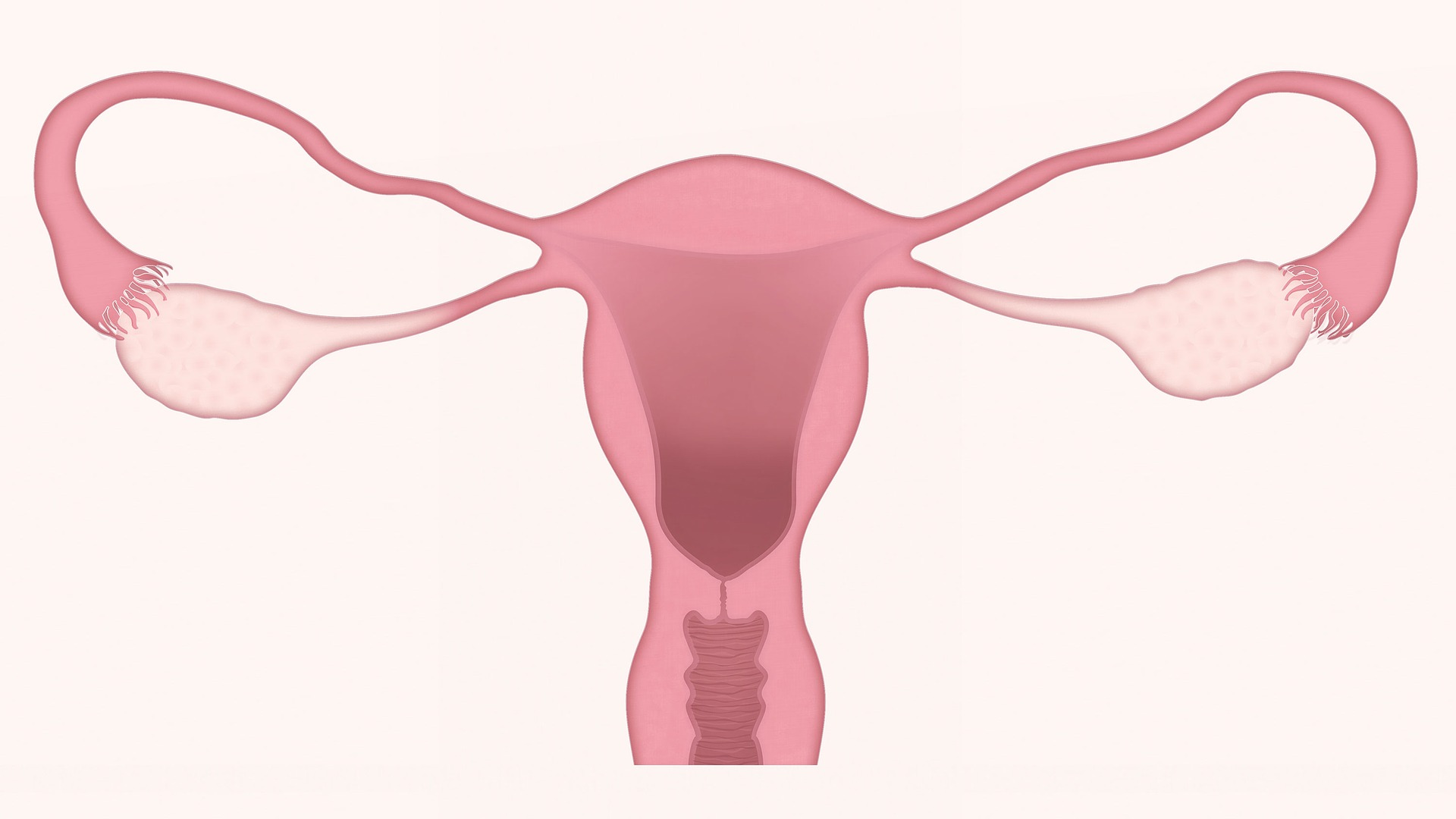News release
From:
Risks of removing ovaries at benign hysterectomy may outweigh the benefits for women at low risk for ovarian cancer
Findings support current recommendations for conserving ovaries in premenopausal patients
Abstract: https://www.acpjournals.org/doi/10.7326/M22-1628
Editorial: https://www.acpjournals.org/doi/10.7326/M23-0756
Patient Summary: https://www.acpjournals.org/doi/10.7326/P23-0001
URL goes live when the embargo lifts
An emulated target trial of more than 140,000 women in Denmark found that removing the ovaries at benign hysterectomy was associated with increased risk for cardiovascular disease in younger women and cancer in older women at low risk for ovarian cancer. These findings support current recommendations for preserving ovaries in premenopausal patients. The findings are published in Annals of Internal Medicine.
Removal of the ovaries decreases the risk for ovarian cancer and greatly benefits the survival of women at high risk for ovarian cancer. However, not enough is known about how removal of the ovaries affects other possible outcomes, such as heart attack, stroke, other types of cancer, and how long patients live.
Researchers from the Danish Cancer Society Research Center, Copenhagen, Denmark studied health records for 142,985 women who underwent a benign hysterectomy with or without bilateral salpingo-oophorectomy (removal of the ovaries and fallopian tubes) to compare long-term outcomes. The researchers found that women who had their ovaries removed had a lower risk of ovarian cancer, but other health outcomes varied by age/menopause status. Premenopausal women who had ovaries removed had a higher risk of hospitalization for cardiovascular disease. Perimenopausal, early postmenopausal, and late postmenopausal women who had ovaries removed had a higher risk for cancer. The authors noted that women who had their ovaries removed at perimenopausal ages had more deaths when measured at 10 and 20 years after surgery, but women aged 65 years or older had fewer deaths when measured at 20 years after surgery. According to the authors, these results suggest a cautious approach to removing ovaries in women at low risk for ovarian cancer.
An accompanying editorial by authors from the University of Health San Antonio and Wayne State University School of Medicine highlights the complex factors that must be considered when deciding to recommend BSO. They note that the recent practice of opportunistic salpingectomy can offer reduced ovarian cancer rates without compromising ovarian function, and data shows that the use of hormone replacement will mitigate risk rely on patients’ adherence to medication. The authors emphasize that based on available evidence and guidelines, the decision for BSO is best left to shared decision making between patient and physician.



 International
International



